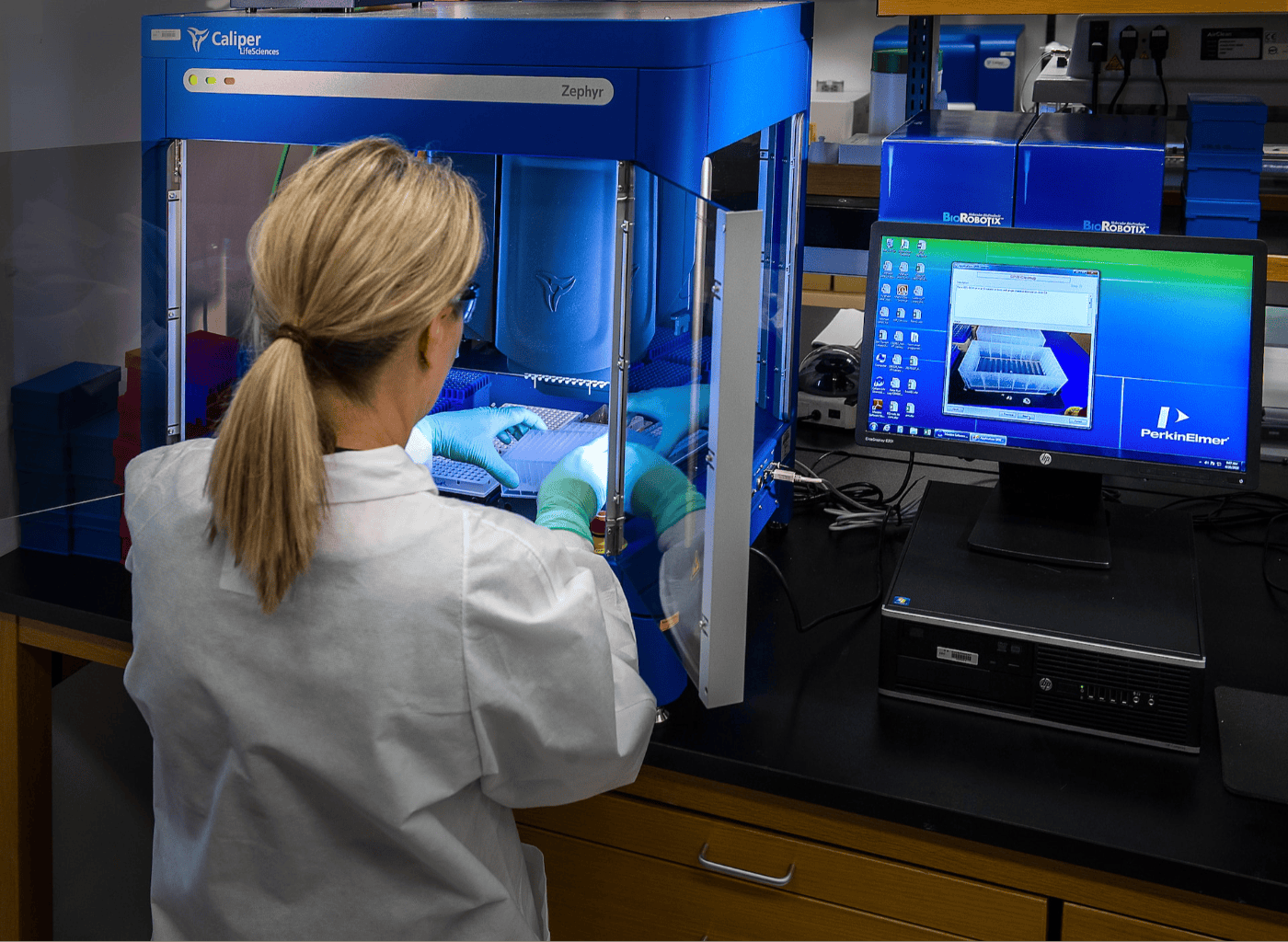240 reads
Cloud Empowerment: How AI and ML Are Reshaping Healthcare's Financial Backbone
by
December 6th, 2023
Audio Presented by

Healthcare technology leader with deep experience in patient services and commercial life sciences tech.
About Author
Healthcare technology leader with deep experience in patient services and commercial life sciences tech.
